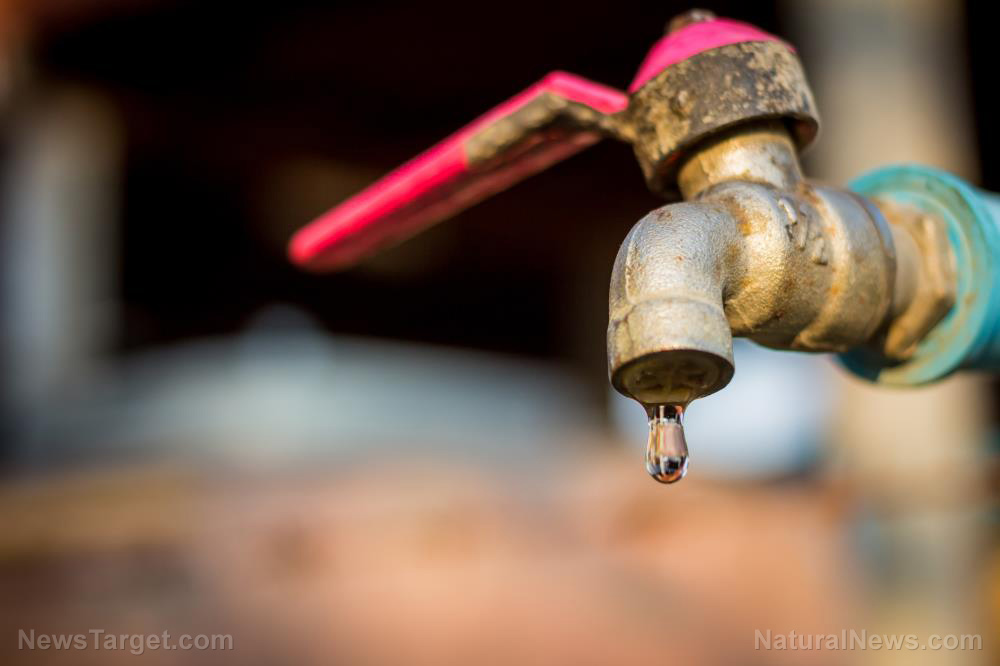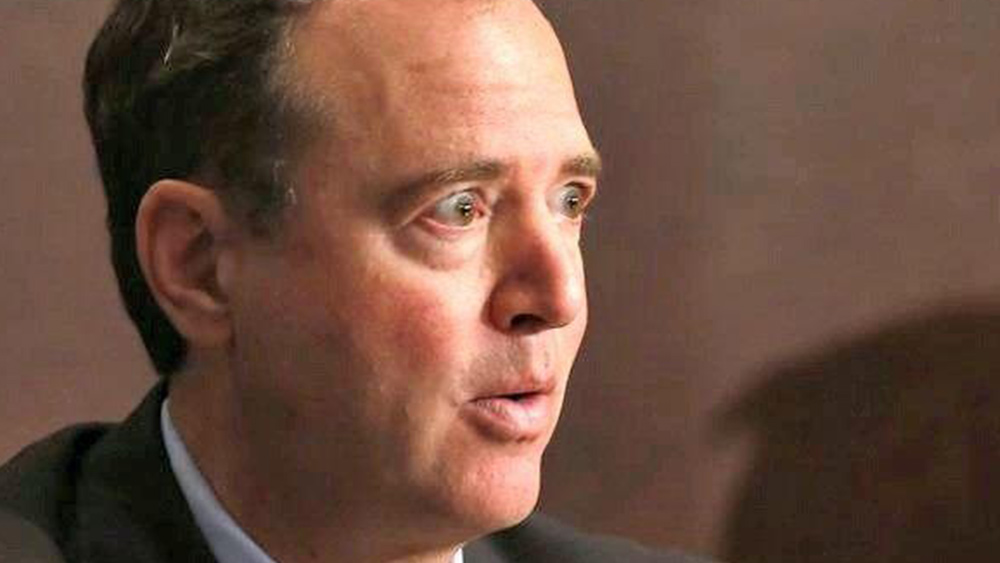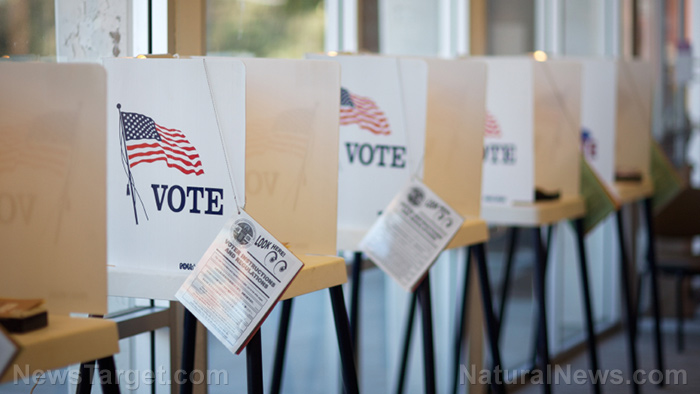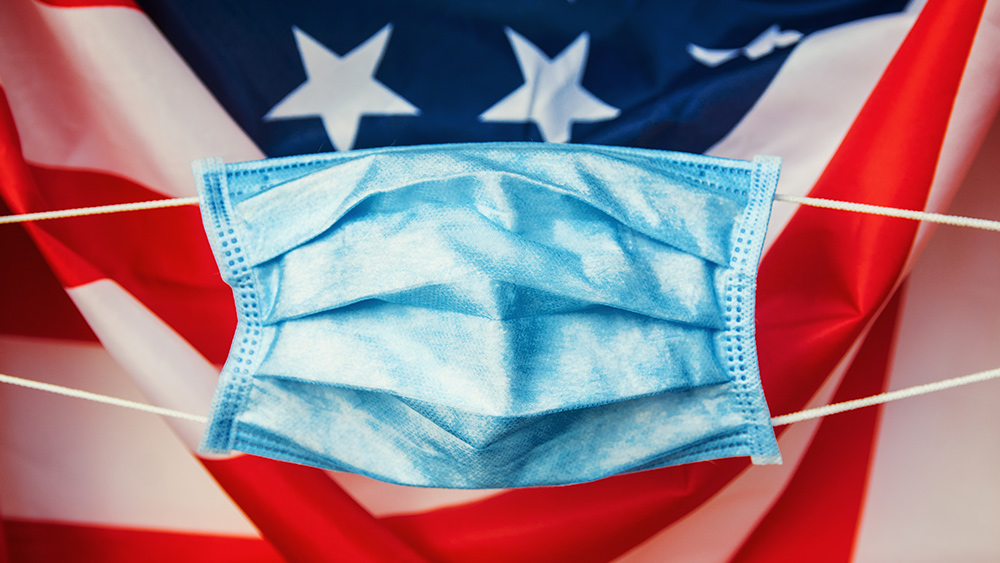UK water retailers on the brink of collapse due to unpaid water bills
06/06/2021 / By Virgilio Marin

The U.K.’s water market is at risk of collapse due to unpaid water bills piling up amid the Wuhan coronavirus (COVID-19) pandemic. This is according to a report commissioned by the U.K. Water Retailer Council (UKWRC), an industry body that represents 18 retailers.
The UKWRC tapped consultancy firm Economic Insight to study the effectiveness of Great Britain’s Open Water. This is a program launched in 2017 that allows non-household customers, such as supermarkets, charities and public sector bodies, to choose which retail supplier to purchase water and wastewater services from.
The report shows that many Open Water participants were already losing money before the pandemic, and an increase in non-payments during the U.K.’s lockdowns has added even more pressure. The report says that there is now a “material risk of systemic retailer failure,” which would have implications not only for water retailers but also business customers.
If a water retailer closes down, customers can spend a period of time without a retailer. In addition, low profit margins in the sector mean that retailers are unable to invest in the service enhancements and deliver the improvements promised at the time the market was liberalized.
“This report clearly highlights that the market is not currently delivering adequately for business customers,” UKWRC chair Phillip Mills said. (Related: Megadrought nightmare: No water for crops, horrific wildfires, colossal dust storms and draconian water restrictions.)
The report also shows that pricing is unfair to customers, with some being charged higher bills than necessary to cross-subsidize small business customers. It notes that the actual cost of serving the smallest customers in the market – those that consume less than 1,400 liters a day – is more than 50 percent higher than they are allowed to charge by the Water Services Regulation Authority (Ofwat), the regulator that spearheads the Open Water program.
Ofwat allows water retailers to charge small businesses an average of 78 pounds (around $110) for their services on top of the cost of the water. But the report says that the actual average cost is 121 pounds a year, which covers the cost of metering, scheduling site visits and invoicing, among others. The report notes that small business customers account for around 70 percent of all the program’s participants.
Meanwhile, large water customers such as pubs and restaurants are being charged more to subsidize small businesses. John Reynolds, CEO of water retailer Castle Water, said that the prices are “completely unfair” for many of the smallest customers.
He pointed to several examples of cross-subsidies in the sector. In one case, a pub pays 500 pounds for retail services while an architect’s practice two doors down pays 50 pounds a year. Yet the cost for providing services at both premises is about 120 pounds annually.
In another example, a charity shop pays 16,000 pounds a year because it has no meter, which transfers the responsibility to landlords. But an amusement arcade on the same street pays only 750 pounds even though it has a meter. (Related: Texas electric company hit with $1 BILLION class-action lawsuit over high energy bills.)
This system of pricing works to the disadvantage of small business customers because it limits the quality of customer service and innovation that retailers are able to offer, according to the report. As such, these customers are not accessing the promised benefits of market deregulation.
Because of these findings, industry stakeholders are urging Ofwat to carry out a review that would look at how the industry can be made more sustainable.
For its part, the regulator says that it has taken steps to protect business customers, especially in the midst of the pandemic. It adds that it will continue working with the Department for Environment, Food and Rural Affairs to determine if there is more it can do.
“We are also looking at what additional protections are required to help the market deal with increased customer bad debt resulting from COVID-19,” Ofwat stated.
Learn more about how COVID-19 restrictions affected economies worldwide at MarketCrash.news.
Sources include:
Tagged Under: clean water, Collapse, economy, government, lockdowns, market crash, market deregulation, pandemic, U.K., utilities, water, water bills, water retailers, water supply, Water Wars
RECENT NEWS & ARTICLES
COPYRIGHT © 2017 BIG GOVERNMENT NEWS





















